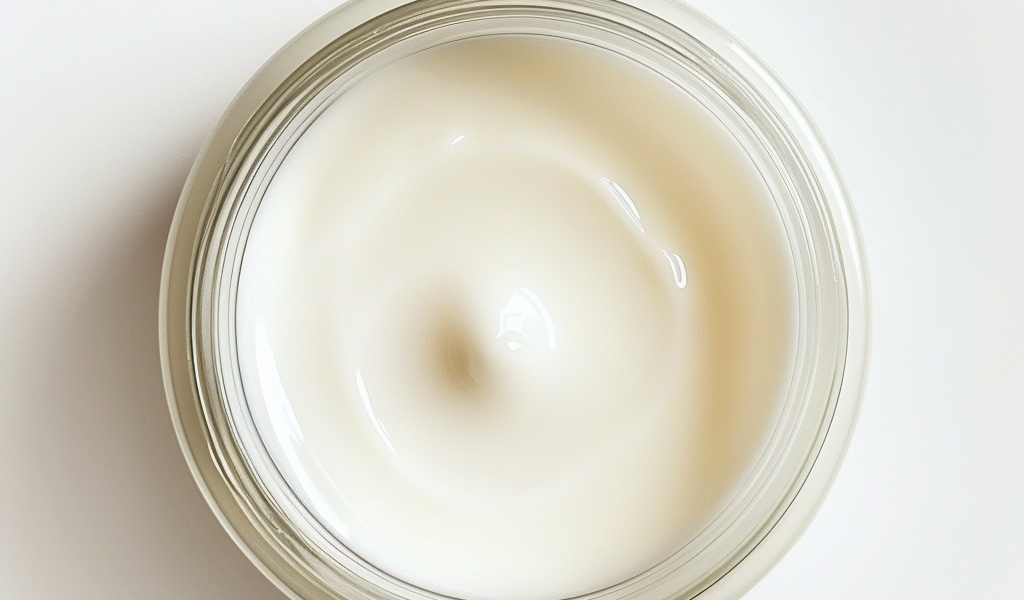Swiss researchers have recently unveiled a groundbreaking milk-based gel that could potentially revolutionize how alcohol is metabolized in the human body. This innovative gel, developed by scientists from ETH Zurich in Switzerland, aims to mitigate the harmful effects of alcohol consumption on the liver by breaking down alcohol in the gastrointestinal system.
While the gel is not intended to promote alcohol consumption, it offers a promising solution to minimize the negative impact of alcoholic beverages on the body, thereby reducing associated side effects. When alcohol is metabolized in the body, it produces acetaldehyde, a toxic compound that can lead to liver damage.
The milk-based gel works by facilitating the direct conversion of alcohol into harmless acetic acid, bypassing the formation of acetaldehyde. This shift in the breakdown process from the liver to the digestive tract is a significant advancement in alcohol metabolism. The gel comprises milk proteins, salt, water, and catalysts, with iron atoms distributed on the protein’s surface to initiate the transformation of alcohol into acetic acid.
Initial experiments conducted on mice have shown promising results, with the gel reducing alcohol levels by approximately 56% and decreasing acetaldehyde accumulation. This demonstrates the gel’s potential to protect the liver from the harmful effects of alcohol consumption.
It is important to note that while the milk-based gel can be consumed before or during alcohol intake, it is not a remedy for alcohol poisoning or a means to reduce alcohol consumption. Instead, it serves as an alternative for individuals who choose to consume alcohol occasionally but seek to minimize the impact on their liver.
This groundbreaking development in alcohol metabolism offers hope for a safer approach to alcohol consumption. As further research and testing are conducted, the milk-based gel could potentially provide a valuable tool for individuals looking to enjoy alcohol responsibly while prioritizing their health.





